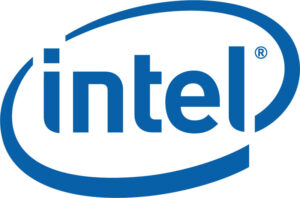What does Intel’s slip mean?
 In my last post, “Why this tech recession will be different,” I observed that this slowdown will not be as severe for technology as was the 2001-2003 period.
In my last post, “Why this tech recession will be different,” I observed that this slowdown will not be as severe for technology as was the 2001-2003 period.
But now comes Intel’s announcement that it expects revenue for the fourth quarter to be down 10% from its original forecast. What does this mean? I have a few thoughts:
1) Intel is not the bellwether that it once was. Personal computers and servers, the primary destination for Intel’s processors, are not nearly as large a percentage of tech spending as they were back in 2001.
2) Layoffs in the economy have already begun. Fewer employees, fewer PCs needed.
3) Large companies are accelerating virtualization projects. Virtualization is a fancy word for running more applications on fewer servers. It is greener (less power), simpler (fewer servers to break), and cheaper. Good for companies looking to lower capital expenditure and operating expenses in a recession, but bad for Intel.
Forrester has been predicting that the two tech segments that would be hit hardest in the recession are computing hardware (PCs and servers) and communications gear. But services and software (Intel plays in neither) would fare better. Exit polling would appear to indicate this result.
